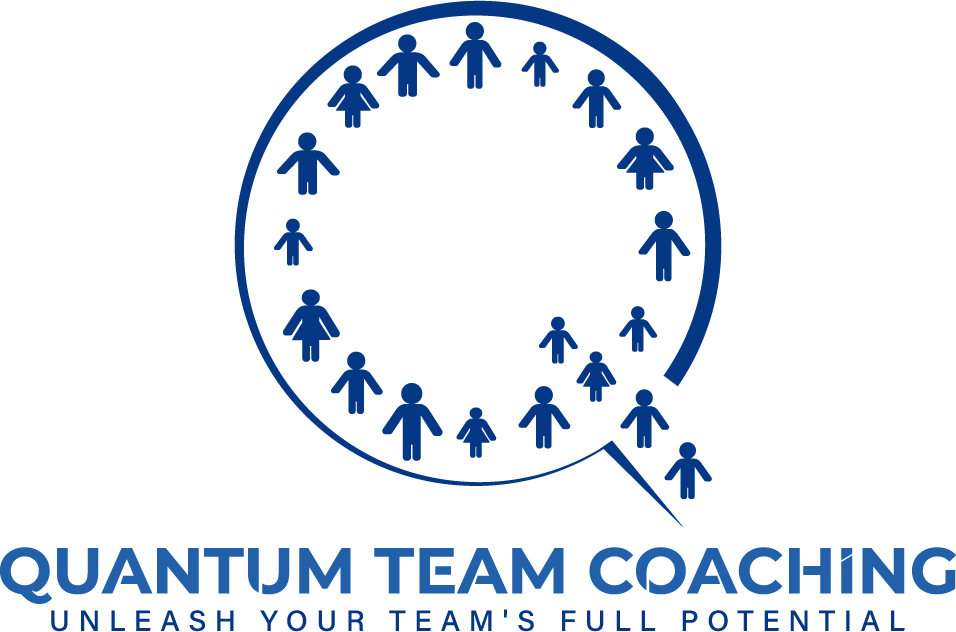Productivity in any team stems from each member performing at their best. Imagine a machine: even if all the components are technically perfect, it won’t function smoothly without proper maintenance and lubrication. Soft skills are the oil that keeps a team running efficiently. They ensure that regardless of the technical prowess of each member, the team operates as a well-adjusted, harmonious unit. This alignment is what drives team success and, consequently, higher productivity.
The Role of Soft Skills in Team Dynamics
Soft skills, such as communication, empathy, teamwork, and conflict resolution, are often underestimated in their importance. While technical skills are essential for performing specific tasks, it’s the soft skills that ensure these tasks are executed smoothly and in coordination with the rest of the team. Without effective communication, even the most technically skilled team can fall apart, leading to misunderstandings, delays, and frustration.
When team members communicate effectively, understand each other’s strengths and weaknesses, and resolve conflicts constructively, they create a supportive environment where everyone can thrive. This not only enhances individual performance but also boosts the overall productivity of the team. A team that works in harmony can tackle challenges more efficiently, innovate more freely, and maintain a positive, motivating atmosphere.
The Impact of Soft Skills on Productivity
The relationship between soft skills and productivity is cyclical. When a team communicates well and collaborates effectively, they achieve more. These successes, in turn, boost morale and motivation, which further enhances productivity. It’s a positive feedback loop: better communication leads to better results, which then motivates the team to continue improving.
For example, consider a team working on a complex project. If each member has excellent technical skills but lacks the ability to communicate clearly or work together, the project may suffer from delays, errors, or even failure. However, if the team is equipped with strong soft skills, they can navigate challenges more effectively, ensure everyone is on the same page, and deliver better results in a timely manner.
Creating a Unified Team through Soft Skills Development
To achieve true team success, it’s essential to focus on developing soft skills alongside technical abilities. This involves providing training and opportunities for team members to improve their communication, teamwork, and problem-solving skills. Regular team-building activities, open discussions, and coaching sessions can help foster these abilities, creating a more cohesive and productive team.
A unified team, where each member understands their role and how it fits into the bigger picture, will always outperform a group of individuals working in isolation. The sense of unity that comes from strong soft skills is what enables a team to operate like a well-oiled machine, smoothly overcoming obstacles and achieving its goals.
Conclusion
Soft skills are not just an add-on to technical abilities—they are the foundation of team success. By focusing on developing these skills, teams can ensure that they work together more effectively, communicate more clearly, and resolve conflicts more constructively. The result is a more motivated, productive team that consistently achieves its goals. Investing in soft skills development is, therefore, crucial for any team looking to succeed in today’s competitive environment.





